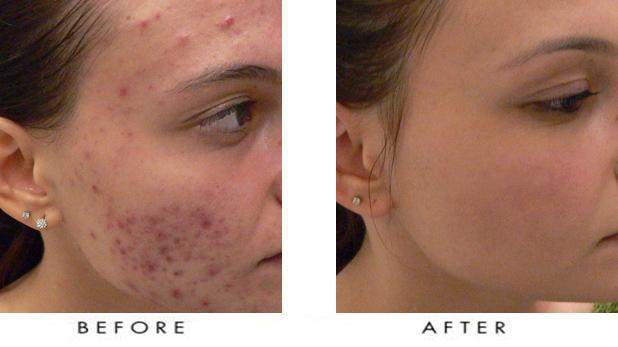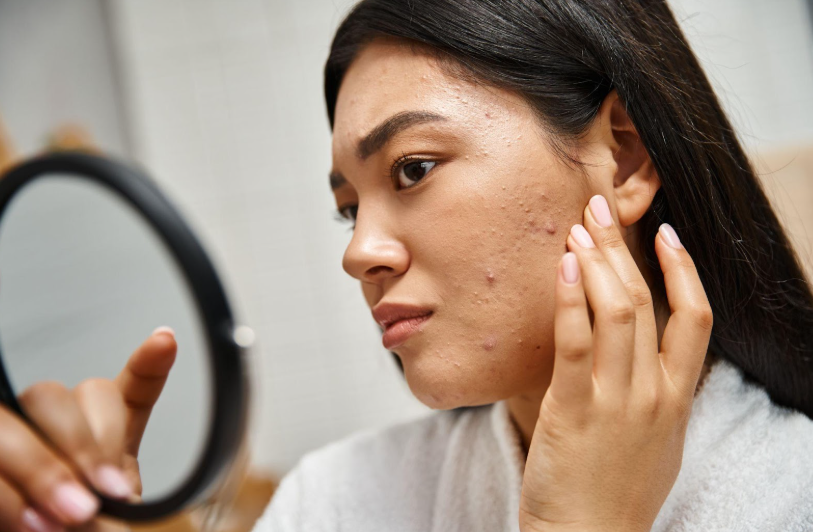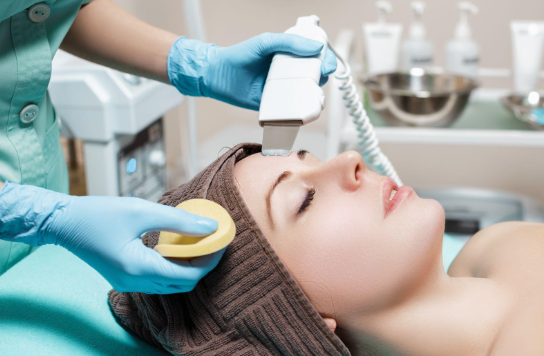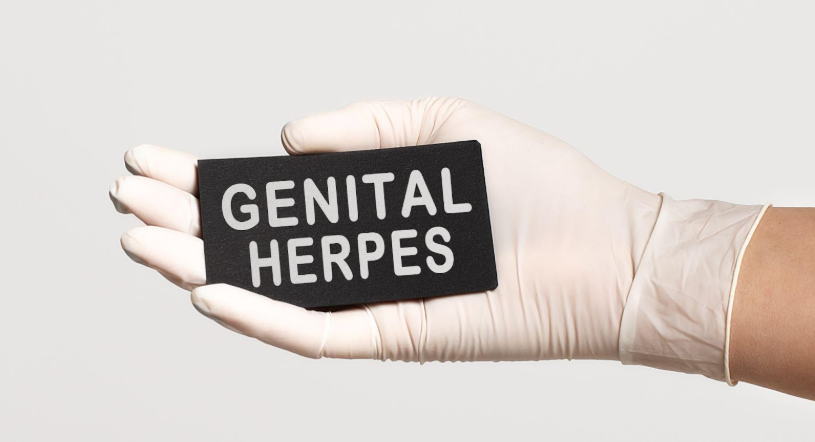Dear Readers,
We have had several questions regarding isotretinoin, better known by its old trade name, Accutane. I will tackle two of these questions today. The first question is, “Why is Accutane not working after 6 months?
The answer to this question is not often clear and may be due to several factors. The first question I would ask is, what dose were you taking and how much do you weigh? The typical dosage for the medication is .5 to 1 mg/kg/day to start and I typically increase this up to 2 mg/kg/day as tolerated. For example if you weigh 176 lbs, a dose of 40 mg twice a day would put you right at 1 mg/kg/day. If you were on a low dose for the entire course of your treatment and you were stopped at 5 or 6 months, this may explain why your acne is not clear, or why you relapsed after being clear.
The next question I would ask is, “Did you take your pills with a fatty meal?” Isotretinoin is not absorbed well on an empty stomach, and as such, taking it with a fatty meal will significantly increase absorption. This will ultimately lead to more of the drug being available to work on your acne.
Patients, who take isotretinoin, do not always demonstrate complete clearance of acne. Around 15% of patients will need a second course to achieve their goals, and some may even need a third. In addition, no matter what treatment you receive, you and everyone else on the planet will still get pimples occasionally. This is part of out normal skin cycle.
Certain triggers can make us break out. These include stress, changes in environment, hormonal fluctuations, use of certain medications/supplements, changes in skin care products, excessive sweating, and sometimes dietary habits, although this last one is a bit controversial.
If you have been on an appropriate dose for your weight, for an appropriate amount of time and you have not seen reasonable results, the cause for your breakout needs to be established. Is it really acne that you are suffering from? If so, what factors, other than the typical (overproduction of oil, overgrowth of bacteria, inability to clear pores, and inflammatory reactions to the these things) might be contributing to its severity.
The second question is, “How should I care for my skin after Accutane?”
There are several things that I think are important in a skin care regimen after isotretinoin therapy. These include the following: daily sunblock, a gentle cleanser, a daily moisturizer, and semi regular to daily use of a topical retinoid.
So, what is a topical retinoid? These are creams or gels that you probably used prior to starting isotretinoin therapy and these medications are related to isotretinoin and have some similar effects. There are several different formulations and these go by many names. The most common generic names include tretinoin, tazarotene, and adapalene. Brand names include Retin A, Tazorac, and Differin. There are also combination therapies such as Epiduo or Veltin that contain both a retinoid and a secondary medication.
The use of a retinoid is key to helping prevent relapse. These medications, in addition to treating acne, are also excellent anti-aging creams, so the benefit is two fold.
If you are unfortunate enough to relapse after therapy, the use of an oral antibiotic for a short duration (8 weeks) combined with sustained retinoid therapy can sometimes calm down the breakout and help us avoid repeating a course of isotretinoin. It is not clear why, but certain oral antibiotics seem to work much better following a course of isotretinoin.
I hope this helps to answer some of your questions. Keep them coming and we will do our best to get you informed, accurate and relevant answers.
Sincerely yours,
Dr. David B. Roy, D.O., F.A.O.C.D., F.A.A.D., F.A.S.M.S.
Board Certified Dermatologist
Pine Belt Dermatology and Skin Cancer Center






